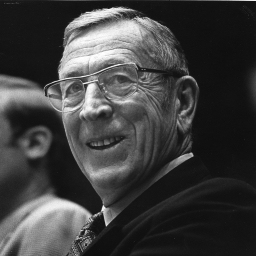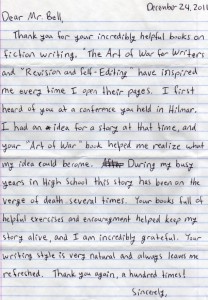Recently I served on a panel at the Romance Writers of America annual conference on the topic of “Care and Feeding of the Writer’s Soul.” Below is only a fraction of the empowering presentation put on to a full house by Ellie James, Trinity Faegen, and yours truly. I had no idea how important our message would be to the attendees who found us afterwards and hugged us with tears in their eyes. So my message today is to take care of YOU.
1.) Meditation – Meditation isn’t about chanting “Ohms” and contorting your body. ANY repetitive action can be considered meditation—walking, swimming, painting, and knitting—any activity that keeps your attention calmly in the present moment. When your mind is at rest, the brain can be stimulated in a creative fashion.
2.) Visualize Being Relaxed – Imagine a relaxing setting away from your tensions, your perfect dream spot. This could be a vacation spot or a fancy luxury spot where you are pampered. Visualization could also include something you touch to trigger that feeling of calm—a silk robe, warm water, or a cashmere sweater.
3.) Breathe Deeply – Relaxed breathing is deep, not shallow. Get in a comfortable position and let out all the negativity in a deep expelled breath through pursed lips. Drop your shoulders to release the tension and imagine your core as the powerful place of your strength. Keep your mind focused deep into your power spot and consciously expel the stress with each breath. Breathe in the new and expel the negative until you are renewed. Believe it and make it so. Do this TEN TIMES and feel your body relax more with each step.
4.) Take a Look Around You – Something an author should do anyway. Keep your mind focused on one thing. No multi-tasking. Stay in the moment and focus on one thing or activity. Staying in the present can help promote relaxation, without all the clutter the mind can generate. If you are outdoors, focus on a bed of flowers or the sound of the birds. If you’re in a mall, keep your attention to one window, maybe one pair of shoes. Focus on how it was created, examine the details. Tell a story about that one object. As long as you focus on one object in the present, stress will take a backseat.
5.) Drink Hot Tea – Make a moment in your day to have a cup of tea. Go green. Coffee raises levels of the stress hormone cortisol in the body, while green tea offers health and beauty. Chamomile tea is a traditional herbal favorite for its calming influence. Any black tea is a stress reliever too.
6.) Show Love – Cuddle your pet or give an unexpected hug to a friend or family member. Giving a hug is like getting one back. Snuggling is good too. Snuggle that spouse who supports your writing. Social interaction helps your brain think better. Ever try a hug or snuggle for writer’s block? Physically showing affection—like stroking your pet—may actually lower your blood pressure. It can’t hurt.
7.) Self – Massage – If you don’t have time to visit a professional masseuse, try giving your neck a rub with both hands or use one hand to massage the other arm and alternate. The act will increase your blood circulation and be part of your newfound ritual to take care of yourself. Reward yourself with this each day when you’ve hit your word count. Make it your ritual of caring.
8.) Take a Time Out – When you sense stress happening or too much is bombarding you, take a time out. Walk away. Go to your happy place. Don’t let stress win. Find a quiet corner or room and decompress. Listen to your breathing and your heartbeat. Slow everything down. Remember that time is always on your side.
9.) Take a Musical Detour – Maybe with your afternoon tea, add music. If your mind is focused on the beauty of each note, this can also accomplish relaxation by keeping you in the present, away from your stressers.
10.) Take an Attitude Break – Believe it or not, THIRTY SECONDS is enough time to switch from stress to relaxation if you make the time. To do that, engage your mind in positive thoughts. Do this by anything that triggers a positive feeling in you—picture your child or your spouse, imagine your pet doing something cute, or picture wearing your favorite jewelry or shoes. Whatever that image is, it will slow your breathing, relax your tense muscles, and put a smile on your face. Your heart rate will slow down and a feeling of peace will follow.
Share what gets you through stress. You have any good tips?
To close, I’d like to share another secret with you: the outrageous benefits of Laugh Yoga. The technique is simple and can be done at any time, including five in the morning in Mumbai.
If you have trouble with this video, click on the link HERE.











